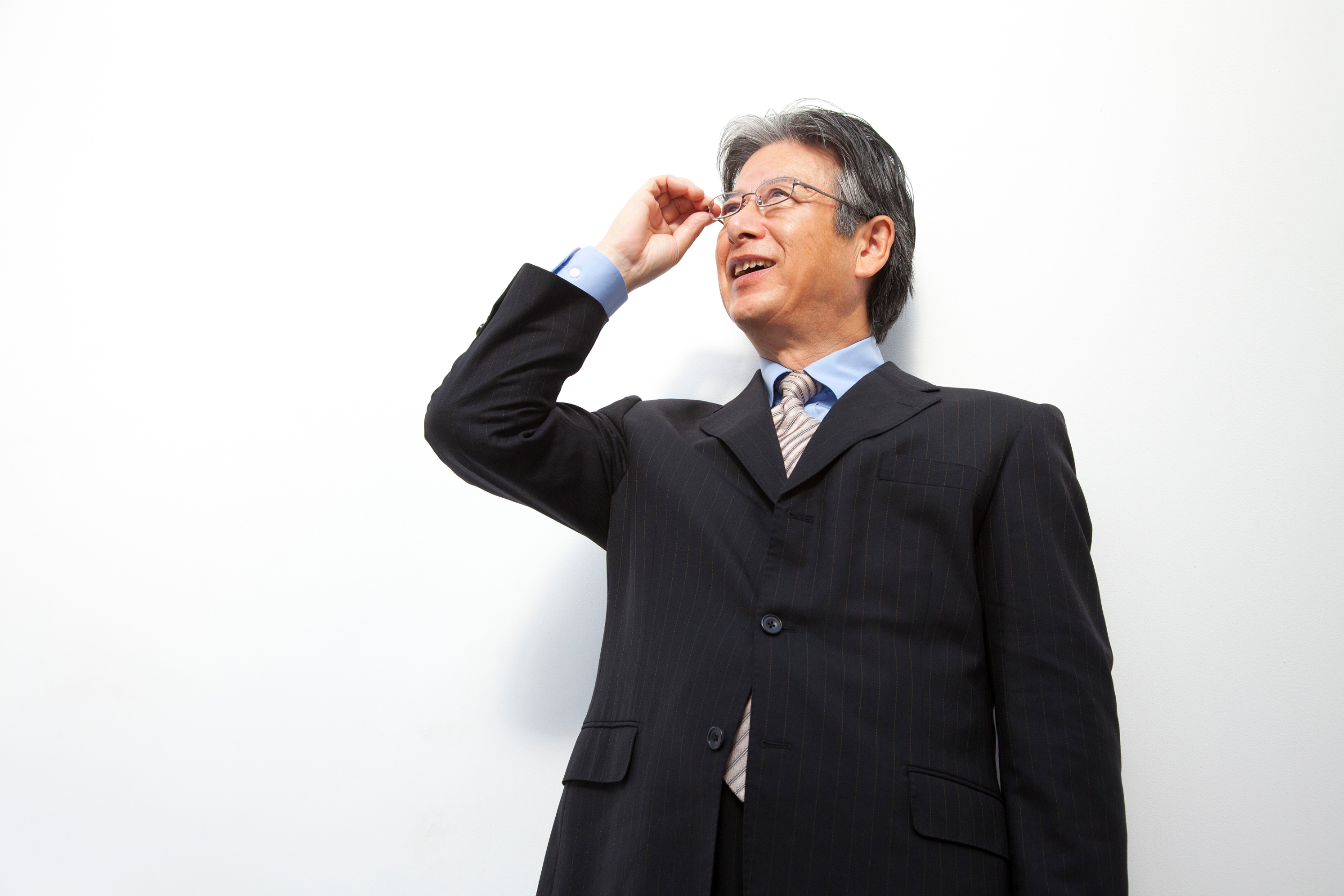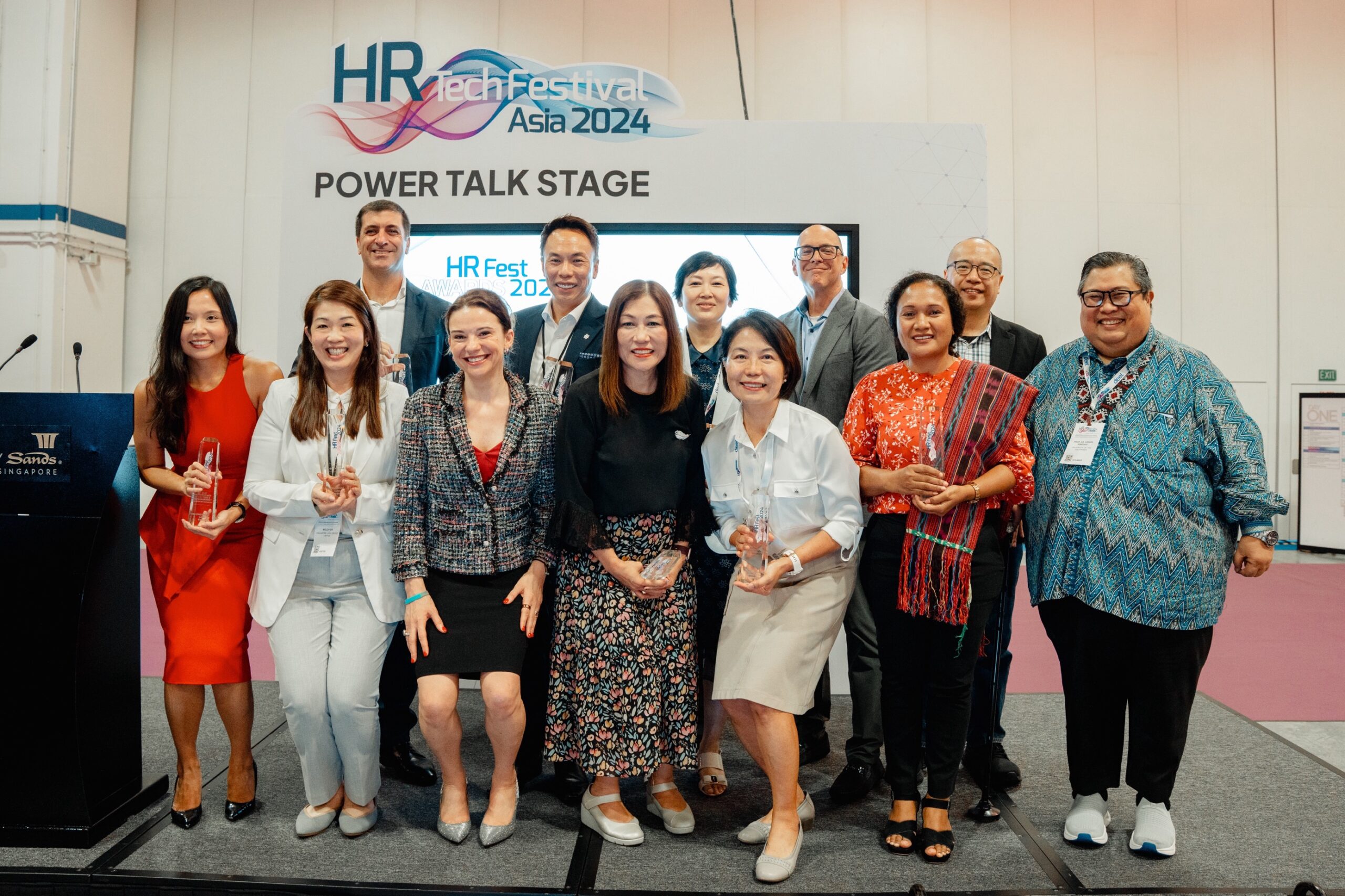Ageing business leaders pose succession challenges in Japan

Japan’s business sector is facing an ageing leadership crisis. A recent study by Teikoku Databank revealed a continuous rise in the average age of Japanese organisation chief executives for 33 consecutive years, posing obstacles to leadership succession.
According to the study, the average age of organisation leaders reached 60.5 years old as of December 2023, marking a marginal uptick of 0.1 point from the previous year. This continuous ageing trend has been monitored by Teikoku Databank since 1990 when the average stood at 54.
Amidst this ageing demographic, the study revealed that only 3.8% of organisation leadership positions were successfully transitioned to new leaders last year, maintaining a stable rate of around 3% for 14 consecutive years. Meanwhile, the average age of new chiefs was 52.5 years, with presidents of listed organisations averaging 58.6 years.
“The study result indicates that it is necessary to become more vigilant about the risk of ageing business chiefs,” Teikoku Databank said in a statement. “If the ageing issue continues, organisations are more likely to face unexpected situations. To smoothly succeed the business, preparation and planning need to be coordinated well in advance.”
The research organisation further underscored the record-high number of bankruptcies related to succession difficulties, with 586 cases reported in the last fiscal year, up from 487 in fiscal 2022. Approximately 40% of these cases were attributed to illnesses or age-related deaths. The economic repercussions extend beyond individual organisations, as small- and mid-sized organisations employing approximately 70% of the Japanese workforce, are particularly vulnerable.
READ MORE: Communication breakdown hinders new hire training in Japan
To address the severity of the issue, the government has intensified support measures aimed at facilitating smooth transitions of leadership. Initiatives include implementing moratorium periods and exemptions for gift and inheritance taxes for successors, as well as establishing counselling centres to provide guidance and assistance to ageing business owners, reported The Japan Times.



